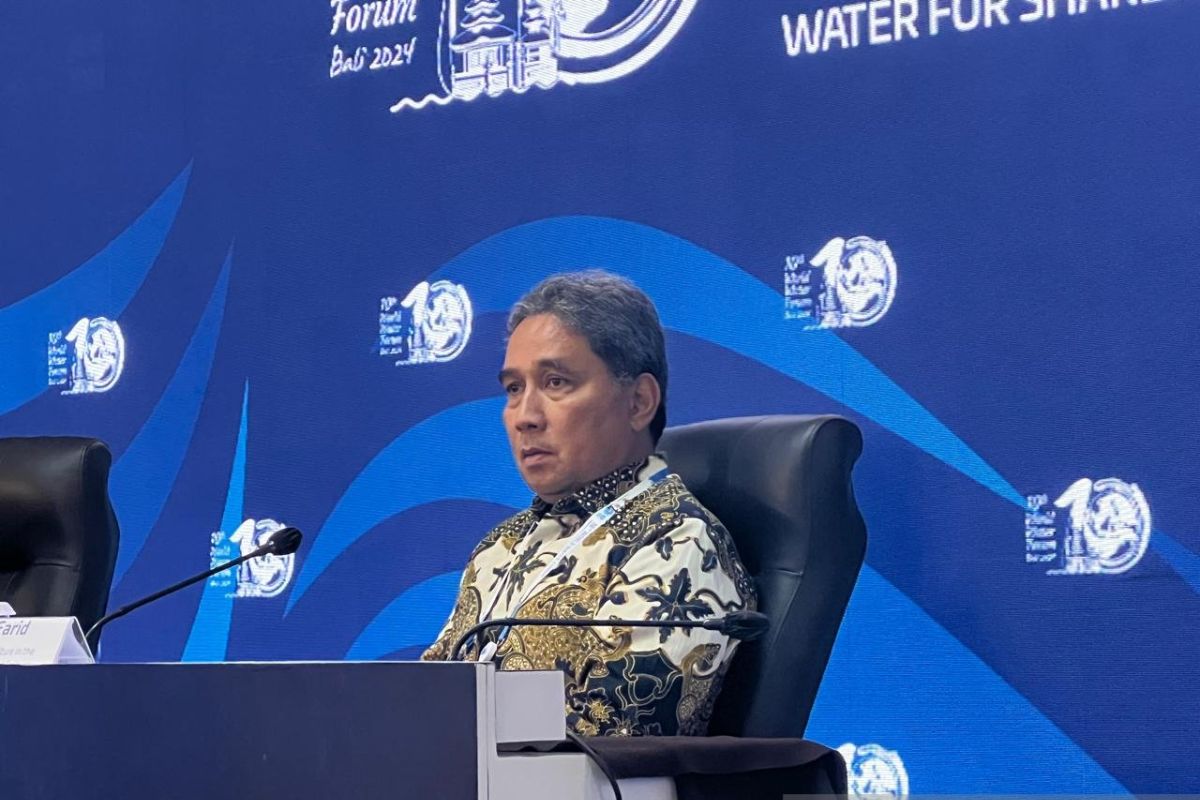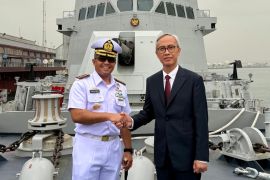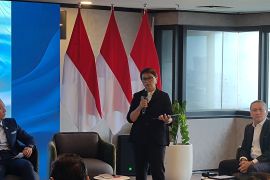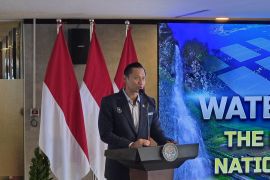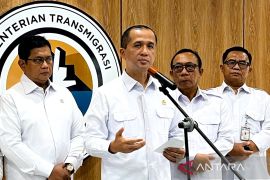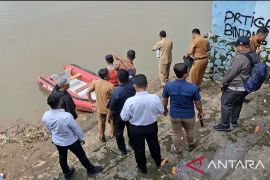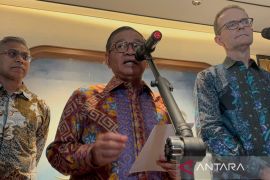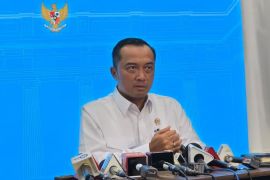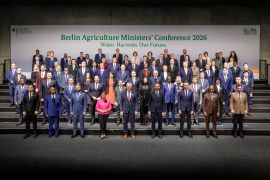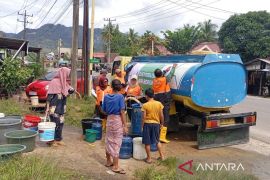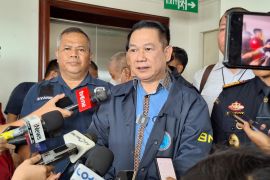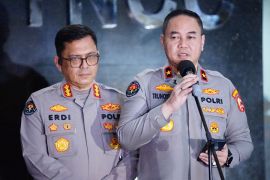Farid delivered the statement at the conclusion of a discussion session involving UNESCO representatives and a number of state delegations at the 10th World Water Forum, held at Bali Nusa Dua Convention Center here on Tuesday.
"We will discuss one of the recommendations presented in the seminar in a conversation involving many stakeholders," he informed.
"This is important because solving this water problem requires the involvement of many scientific fields. This must be transdisciplinary," he added.
Local governments must also be involved to ensure the sustainability of water management, Farid said.
"Because the regional authority is the regional government. They have the authority to determine many things. So, they should also be in this discussion," he explained.
Besides local governments, water conservation programs, he said, also need to consider local wisdom that comes from good community practices.
He gave the example of the Subak water system in Bali, which is currently being preserved by the community at Ulun Danu Batur Temple, Bali.
"Some water problems in the world need to find non-technical solutions, and we can look for these non-technical solutions in the treasures of knowledge built up over the long course of history," he said.
Farid appealed to the participants at the discussion to learn from the management of the Subak water system by the Balinese people, which is closely related to customary law and has unique social, agricultural, and religious characteristics.
The irrigation system also encourages a spirit of mutual cooperation in efforts to obtain water to meet the needs of food crops, especially rice and secondary crops.
"Hence, this conversation must start by involving many stakeholders and we, at the ministry, have agreed to work together, especially with the management of Ulun Danu Batur Temple," he said.
The collaboration, he informed, aims to find solutions to various water problems through productive and transdisciplinary conversations involving many parties.
The UN, in the World Water Development 2024 report, stated that 2.2 billion people currently do not have access to drinking water.
In addition, 1.4 billion people were affected by drought in 2022 and 10 percent of global migration in that year was linked to water shortages.
Related news: Using fiscal tools to encourage clean water investment: Minister
Related news: World Water Forum - UN agency outlines two ways to prevent water crisis
Translator: Andi Firdaus, Katriana
Editor: Arie Novarina
Copyright © ANTARA 2024
